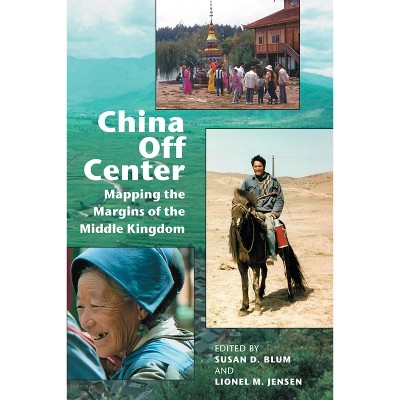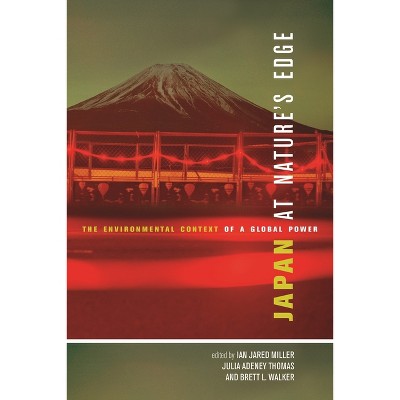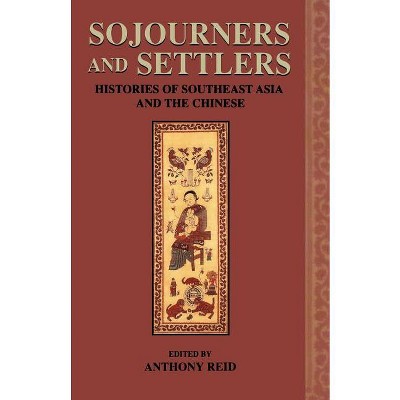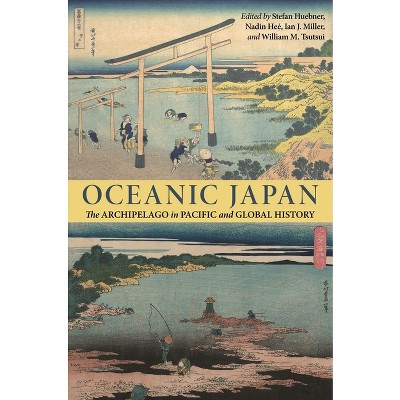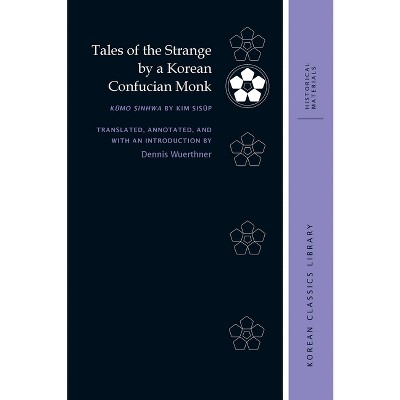About this item
Highlights
- The People's West Lake examines the Chinese Communist Party's (CCP) efforts to reconfigure Hangzhou's urban space, alter the natural environment in West Lake (Xihu), and refashion the city's culture in post-1949 China.
- About the Author: Qiliang He is professor of history at Hong Kong Shue Yan University.
- 216 Pages
- History, Asia
Description
About the Book
"The People's West Lake examines the Chinese Communist Party's (CCP) efforts to reconfigure Hangzhou's urban space, alter the natural environment in West Lake (Xihu), and refashion the city's culture in post-1949 China. It pieces together five initiatives that took place in the West Lake region between the 1950s and the 1970s: the dredging of West Lake, the construction of the public park of Watching Fish at the Flower Harbor (Huagang guanyu), the afforestation movement, the development of collectivized pig farming around West Lake, and the two campaigns to remove lakeside tombs. These projects were intended to generate visible and tangible results--a lake with a good depth, a scenic public garden, greener hills surrounding the lake, a growing swine population and rising productivity of fertilizer, and a tourist site cleansed of burial grounds--while also being readily subject to the Party's propaganda. These initiatives were designed both to achieve economic, cultural, and ecological utilities and to forge and popularize a sense of socialist nationhood. The CCP's endeavor to fundamentally transform the West Lake area also opened up possibilities for both human and nonhuman actors to variously benefit from, get along with, and undermine the political authorities' planning. This book thus emphatically foregrounds and unifies the agency of both humans and nonhuman entities that are not necessarily tied to intentionality, bringing into question the legitimacy of the human/nonhuman binary. Author Qiliang He explores the agency of both humans and nonhumans (including water, microbes, aquatic plants, the park, pigs, trees, pests, and tombs) to affect, deflect, and undercut the CCP's sociopolitical programs, thereby diminishing the efficacy of state propaganda. Highlighting the nonpurposive agency of both actors problematizes the long-held resistance-accommodation paradigm, which presumes the resisters' a priori subjectivities independent of the socialist system, in studying the state-society relationship in the People's Republic of China. Using a project-based approach, The People's West Lake gives the nature-human relationship in Mao's China (best known as Mao's "war against nature") historical and cultural specificities to reexamine the PRC regime's central planning and the issues related to it"--Book Synopsis
The People's West Lake examines the Chinese Communist Party's (CCP) efforts to reconfigure Hangzhou's urban space, alter the natural environment in West Lake (Xihu), and refashion the city's culture in post-1949 China. It pieces together five initiatives between the 1950s and the 1970s: the dredging of the lake, the construction of the public park of Watching Fish at the Flower Harbor (Huagang guanyu), the afforestation movement, the development of collectivized pig farming around West Lake, and the two campaigns to remove lakeside tombs. These projects were intended to generate visible and tangible results--a lake with a good depth, a scenic public garden, greener hills surrounding the lake, a growing swine population and rising productivity of fertilizer, and a tourist site cleansed of burial grounds--while also being readily subject to the Party's propaganda. These initiatives were designed both to achieve economic, cultural, and ecological utilities and to forge and popularize a sense of socialist nationhood.
The CCP's endeavor to fundamentally transform the West Lake area also opened up possibilities for both human and nonhuman actors to variously benefit from, get along with, and undermine the political authorities' planning. This book thus emphatically foregrounds and unifies the agency of both humans and nonhuman entities that are not necessarily tied to intentionality, bringing into question the legitimacy of the human/nonhuman binary. Author Qiliang He explores the agency of both humans and nonhumans (including water, microbes, aquatic plants, the park, pigs, trees, pests, and tombs) to affect, deflect, and undercut the CCP's sociopolitical programs, thereby diminishing the efficacy of state propaganda. Highlighting the nonpurposive agency of both actors problematizes the long-held resistance-accommodation paradigm, which presumes the resisters' a priori subjectivities independent of the socialist system, in studying the state-society relationship in the People's Republic of China. Using a project-based approach, The People's West Lake gives the nature-human relationship in Mao's China (best known as Mao's "war against nature") historical and cultural specificities to reexamine the PRC regime's central planning and the issues related to it.Review Quotes
Too often in the humanities and social sciences, "nature" is conceived as the inert or passive object of human action, or a platform upon which human events unfold. This has particularly been the case in the interdisciplinary field of China area studies. He's book is long overdue and welcome. The People's West Lake develops a framework of what Jane Bennett has called the "distributive agency" of the non-human. He uses this to explore the history of the Mao-era party-state's contradictory and fitful efforts to transform Hangzhou's West Lake through a series of propaganda-campaign projects.--Tim Oakes, University of Colorado, Boulder
With the focus on political ecology, The People's West Lake addresses the policy, remapping, and engineering of the environment in the Mao era. The author explores the fraught notion and practice of "nature" in biosphere, landscapes, and human nature in production. An excellent historian, He Qiliang has drawn from historical archives and assembled rich empirical evidence in picturing the schemes of political ecology and the discontents. This book offers a refreshing perspective on China's urbanization and modernization under socialism.--Ban Wang, Stanford University
About the Author
Qiliang He is professor of history at Hong Kong Shue Yan University.






